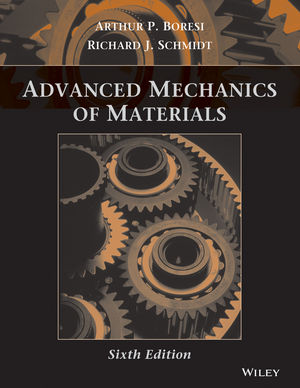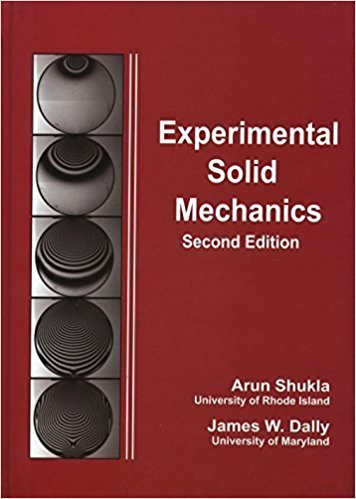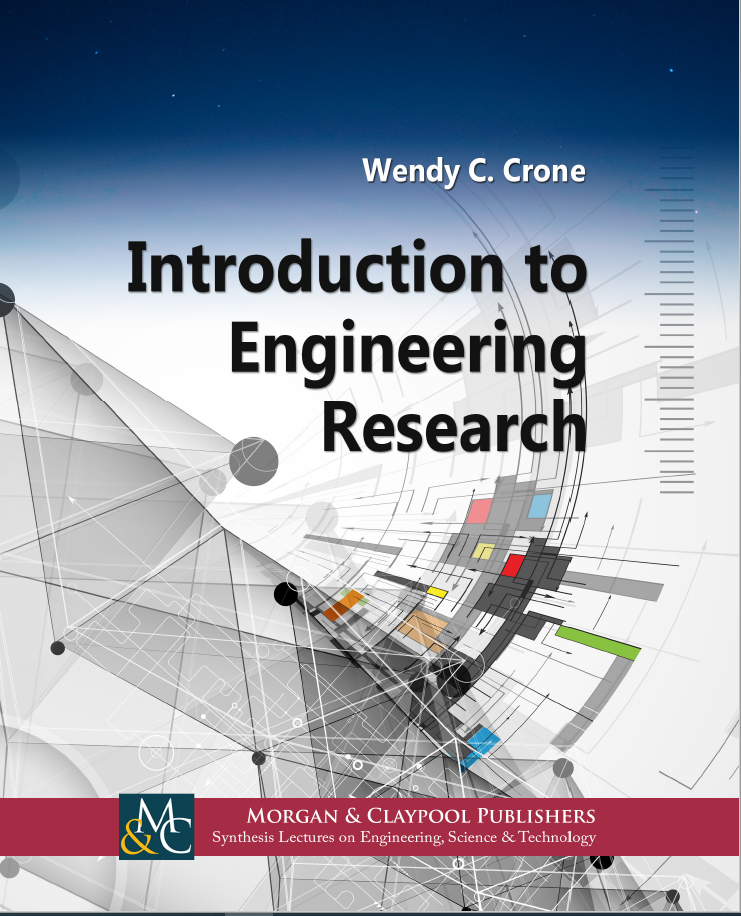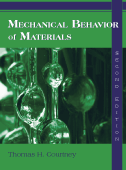MAE 3040: Mechanics of Solids (Fall 2015-Present)
Stress, strain, and deflection due to flexure and shear. Combined stresses, instability, nonsymmetric bending, torsion, and energy methods.
Prerequisites: Strength of Materials (ENGR 2140), must be in the professional engineering program. Text: Advanced Strength of Materials, 6th Edition, Arthur P. Boresi & Richard J. Schmidt, Wiley, 2003. Audience: Junior-level required course. |
MAE 5040: Experimental Solid Mechanics (Spring 2015, Fall 2016-Present)
(Formerly MAE 5930: Special Topics.) Measurement of stress, strain, and related quantities. Topics include strain gauges, optical techniques, digital image correlation, dynamic measurements, and nanoscale measurements.
Prerequisites: Mechanics of Solids (MAE 3040), Instrumentation and Measurements (MAE 3340). Text: Experimental Solid Mechanics, 2nd Edition, Arun Shukla & James Dally, College House Enterprises, 2014. Audience: Senior elective and entry-level graduate course. |
MAE 5930: Introduction to Engineering Research (Spring 2024)
This course covers the scholarly products of research (papers, proposals, presentations, and posters) and the peer-review activities associated with them.
Prerequisites: None, but all students are expected to already be engaged on an active research project such that they feel comfortable writing about it. Text: Introduction to Engineering Research, Wendy Crone, Morgan & Claypool Publishers Audience: Undergraduate researchers and first-year graduate students. |
MAE 6060: Micro-Mechanics of Deformation (Spring 2018-Present, even years only)
Graduate elective which covers the overlap between material science and solid mechanics. Deformation of single crystals, slip in poly-crystals, dislocation motion, strengthening mechanisms. Offered even-numbered years.
Prerequisites: Mechanics of Solids (MAE 3040), Material Science (MAE 2160). Text: Mechanical Behavior of Materials, Second Edition, Thomas H. Courtney, Waveland Press, 2000. Audience: Graduate students only. |
MAE 6061: Micro-Mechanisms of Failure (Spring 2019-Present, odd years only)
Graduate elective which continues bridging the gap between material science and solid mechanics. Failure mechanisms include fracture, fatigue, creep, and embrittlement. Offered odd-numbered years.
Prerequisites: Mechanics of Solids (MAE 3040), Material Science (MAE 2160).
Text: Mechanical Behavior of Materials, Second Edition, Thomas H. Courtney, Waveland Press, 2000.
Audience: Graduate students only.
NOTE: This is a companion course to last year's Micro-Mechanics class, but the previous course is NOT a prerequisite. My intent is that no matter how often I teach these two courses, they can be taken in either order.
Prerequisites: Mechanics of Solids (MAE 3040), Material Science (MAE 2160).
Text: Mechanical Behavior of Materials, Second Edition, Thomas H. Courtney, Waveland Press, 2000.
Audience: Graduate students only.
NOTE: This is a companion course to last year's Micro-Mechanics class, but the previous course is NOT a prerequisite. My intent is that no matter how often I teach these two courses, they can be taken in either order.
Other Recommended Courses
- MAE 5020: Finite Element Methods in Solid Mechanics I (Lee)
- MAE 5060: Mechanics of Composite Materials I (Lee)
- MAE 5300: Vibrations (Fronk)
- MAE 5700: Introduction to Microfabrication (Physics Dept)
- MAE 6010: Finite Element Methods in Solid Mechanics II (TBD)
- MAE 6040: Continuum Mechanics and Elasticity (Wang)
- MAE 6070: Mechanics of Composite Materials II (Lee)
- MAE 6090: Plates & Shells (Fronk)
- MAE 6420: Mechanical Engineering Experiments (Smith)
- MAE 6670: Fracture Mechanics (Wang)
- MAE 6930: Metal Additive Manufacturing (Kouraytem)




